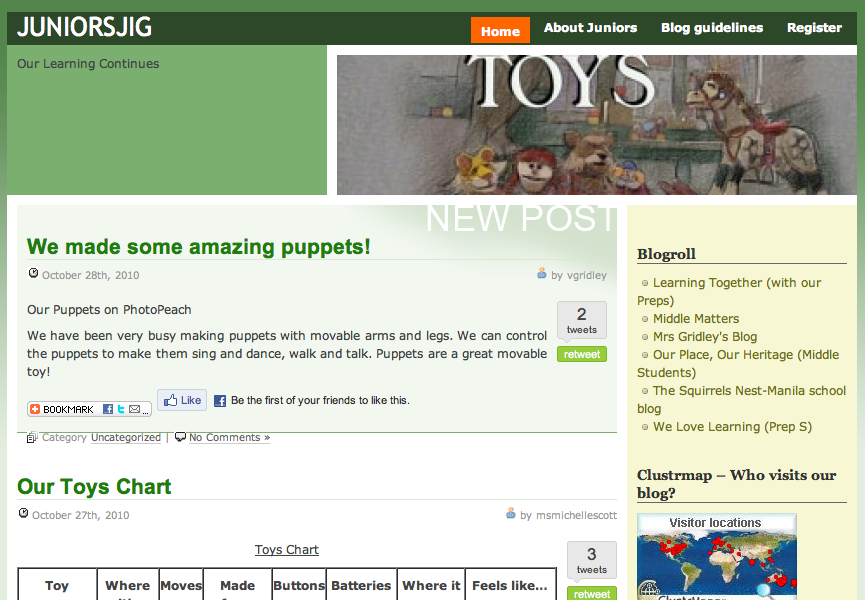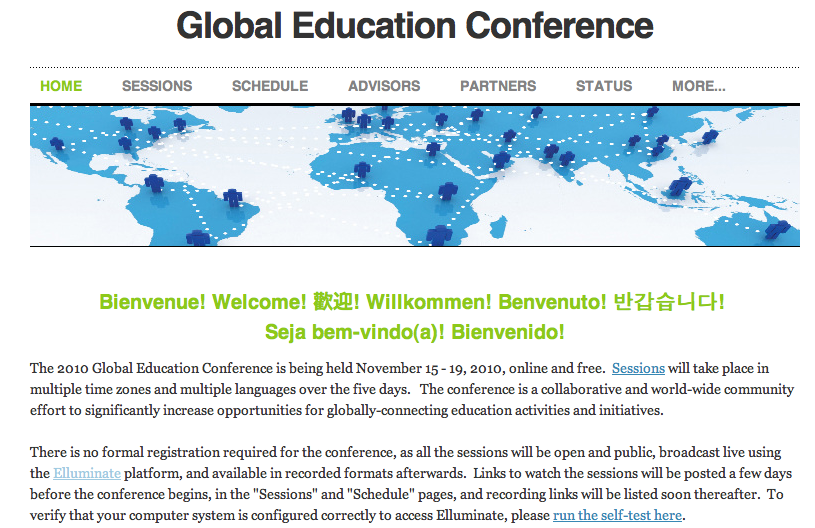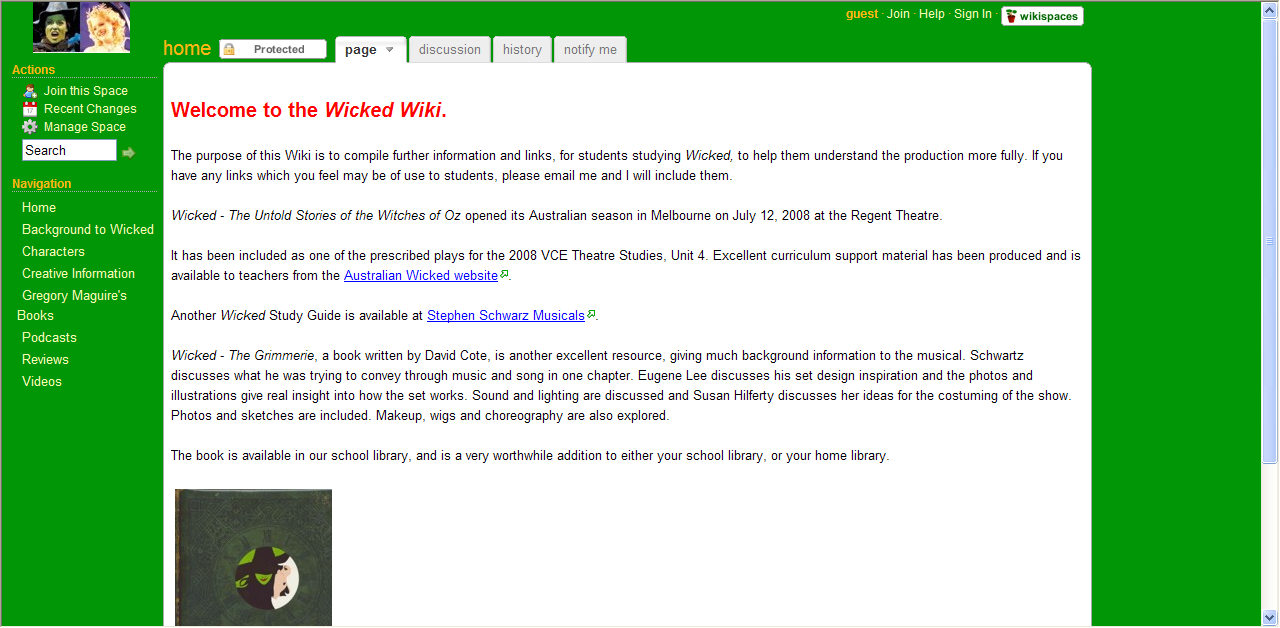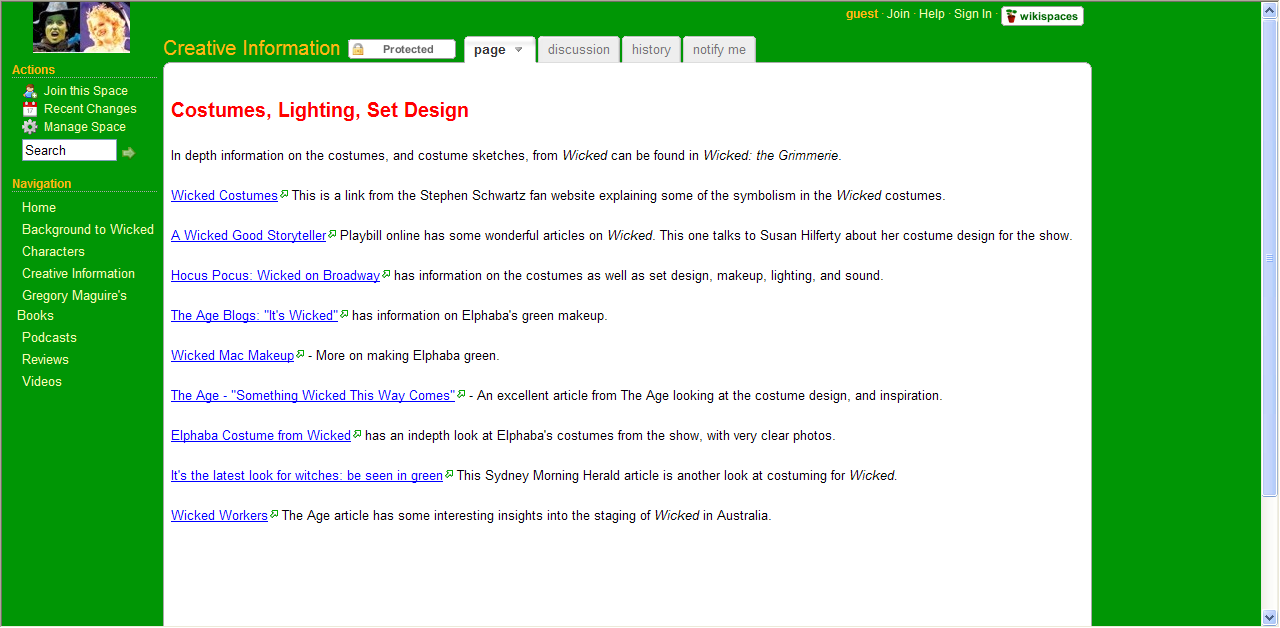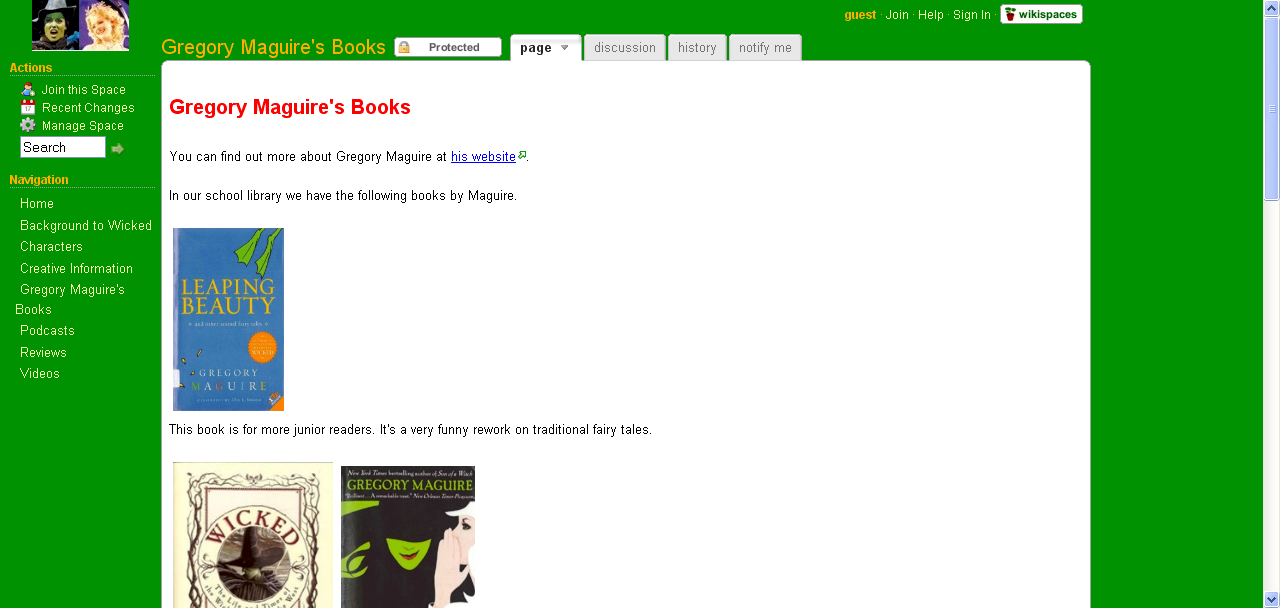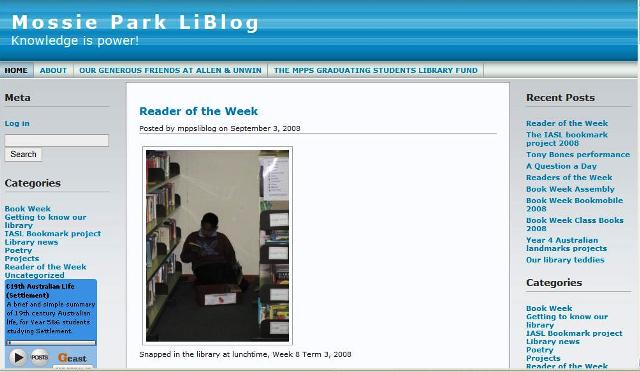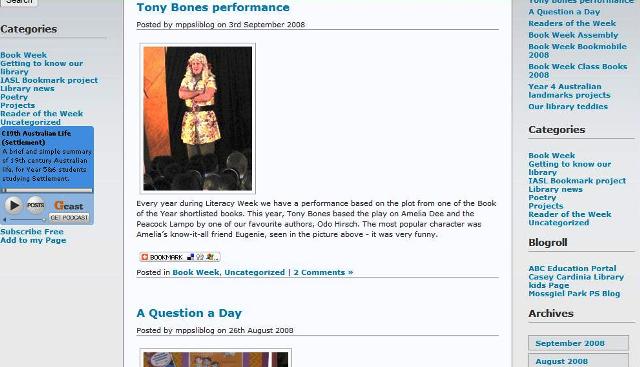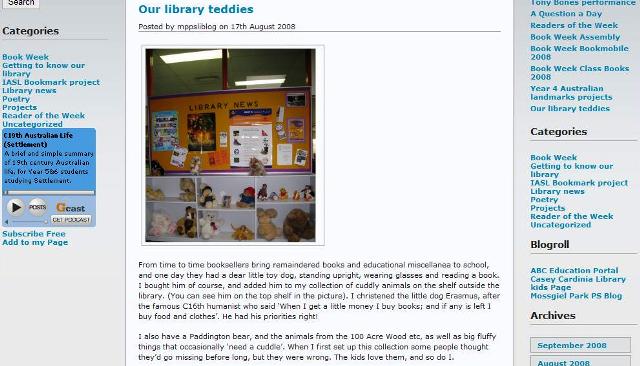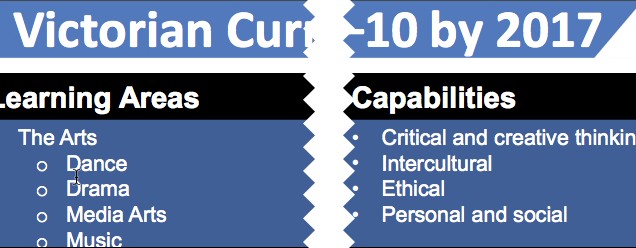
As has been the practice for a number of years, the first SLAV conference for 2016 focussed on the role of teacher librarians and school library staff in the learning and teaching program.
The 18 March SLAV Conference entitled Student Centred, Curriculum Centred: Exploring the new Victorian Curriculum, was launched with keynote David Howes, Executive Director, Curriculum Division, Victorian Curriculum and Assessment Authority (VCAA). David introduced the new Victorian Curriculum to delegates, explaining similarities, differences and integration with the Australian Curriculum (ACARA). He emphasised that the new Victorian Curriculum supports the Victorian State Government’s goals for education which has as its aims:
Over the next 5 years:
- 25% more Year 5 students will reach the highest levels of achievement in reading and maths.
Over the next 10 years:
-
25% more Year 9 students will reach the highest levels of achievement in reading and maths.
-
33% more 15 year olds will reach the highest levels of achievement in science.
-
More students will reach the highest levels of achievement in the arts.
-
More students will reach the highest levels of achievement in critical and creative thinking.
David also introduced the Teaching and Learning Toolkit which is an ‘accessible summary of educational research’ designed to support quality learning and teaching. Its layout is based on the research of Prof John Hattie, where from a series of explicit goals you delve into the site to discover research and practice to support the topic. This will be an excellent professional learning tool for teachers.
Rhonda Powling captured the Twitter stream from the Conference to create this Storify which includes tweets relating to David’s presentation and others on the day (more about them to come).

